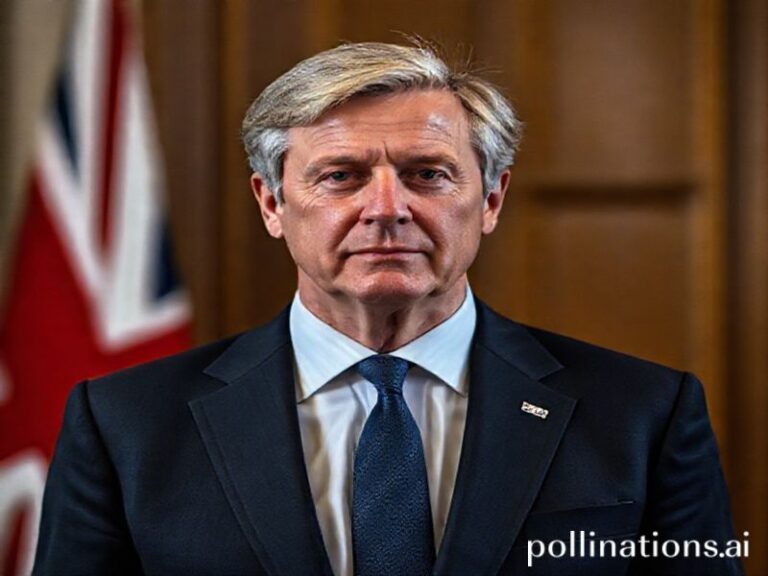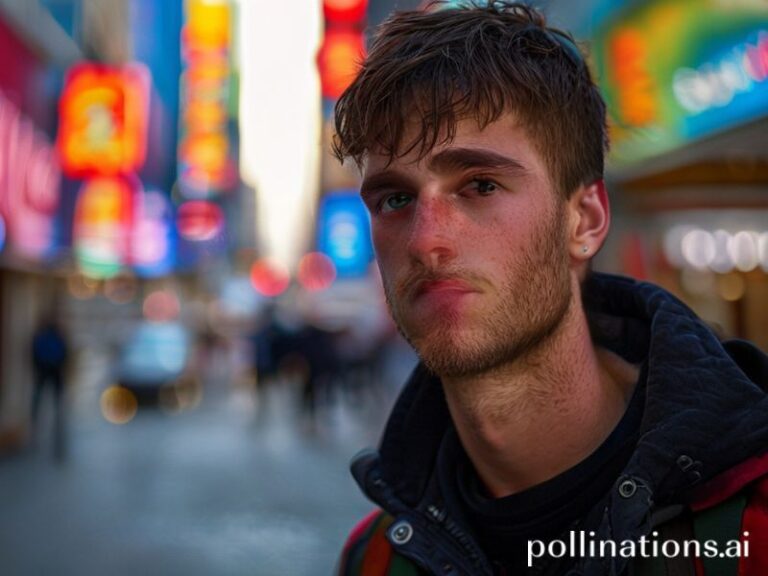Kevin Hart: The 5-Foot-4 Export That Terrified the World into Laughing
Kevin Hart, the 5-foot-4 human espresso shot, has become the planet’s unofficial ambassador of mild panic. From Lagos traffic jams to Tokyo bullet-train etiquette videos, his face—frozen mid-shriek—now greets roughly 2.3 billion monthly viewers who apparently find existential dread hilarious. UNESCO could declare him a living meme, but that would imply the organization still believes in preserving culture rather than selling tote bags.
How did a Philadelphia shoe-salesman’s son turn squeaky “help-me!” noises into a soft-power export that rivals the iPhone? The short answer: globalization adores a portable anxiety we can all recognize. The long answer involves streaming algorithms, strategic self-deprecation, and the fact that the human race will pay premium prices to watch someone shorter than they are get chased by CGI animals.
Begin in South Africa, where Netflix queues “Jumanji: Welcome to the Jungle” right after the evening power cut. Viewers huddled around battery packs chuckle at Hart’s frantic sprint from digital hippos, momentarily forgetting that actual hippos kill more Africans annually than malaria (morbid, but statistically convenient). Hart’s comedic terror translates effortlessly; after all, fear needs no subtitles, only Wi-Fi. His brand of panic has become a universal solvent, dissolving borders faster than World Bank loan forgiveness.
Cross the Mediterranean to Athens, where austerity-weary millennials binge “Ride Along” reruns between protests. Greek subtitles struggle to render his machine-gun patter, but the gist—“everything is spiraling and I’m too small to stop it”—lands perfectly. Local comics now mimic his cadence in smoky basement clubs, proof that when economies implode, people import whatever laughter is cheapest. Hart’s licensing agents, operating from a glass box in Burbank, quietly rejoice; every collapsing currency is a potential new market.
In Mumbai, multiplex owners schedule his films as palate cleansers between three-hour Bollywood melodramas. Indian audiences, seasoned by 1.4 billion daily micro-disasters, find his high-pitched meltdowns almost meditative. Meanwhile, Amazon India reports a 400% spike in mini-trampoline sales every time Hart posts a workout clip. The moral? Global capitalism can monetize even the fear of pulled hamstrings.
Chinese censors, ever allergic to subversion, nevertheless allow Hart’s stand-up specials, provided he refrains from mentioning Taiwan, Tiananmen, or the actual size of Yao Ming. Sino audiences admire his “struggle against adversity” narrative, conveniently ignoring that the adversity is usually a raccoon voiced by Bradley Cooper. State media calls him a model of “positive energy,” the same phrase used to describe solar panels and re-education camps.
Of course, no empire of squeals escapes backlash. French critics dismiss him as “le stress américain en forme d’homme,” while German intellectuals diagnose “performative Kleinwüchsigkeitsangst.” Yet even derision feeds the algorithm; every eye-roll converts to ad revenue in 0.3 seconds. Hart, ever the businessman, now sells NFTs of his own facial expressions—digital panic you can own forever, like emotional real estate.
Back in the United States, cultural commentators worry that exporting Hart’s jittery persona reinforces a stereotype of Americans as perpetually terrified toddlers clutching credit cards. They are, of course, correct, but nobody clicks on nuanced think pieces when there’s a new special dropping at midnight GMT.
The broader significance? Kevin Hart has accidentally built the first truly global comedy currency, one pegged not to gold or GDP but to the universal terror of tomorrow. In Lagos boardrooms, Mumbai call centers, and São Paulo favelas, his GIFs serve as shorthand for “brace yourself.” He is the face humanity makes when the Wi-Fi stutters, the rent rises, or the algorithm decides you might like another pandemic documentary.
And so the planet spins, shrinking ever so slightly under the weight of its own punchlines. Hart, meanwhile, stands on a private jet tarmac somewhere between continents, laughing all the way to the offshore account. The joke, dear reader, is on us—he’s just the one who figured out how to sell the recording.







